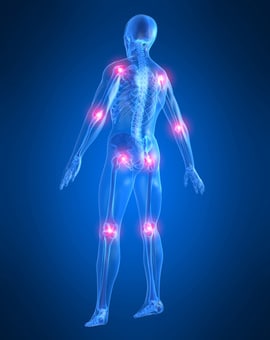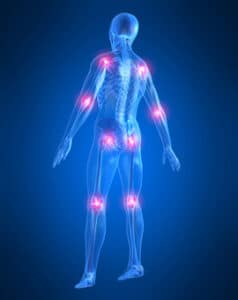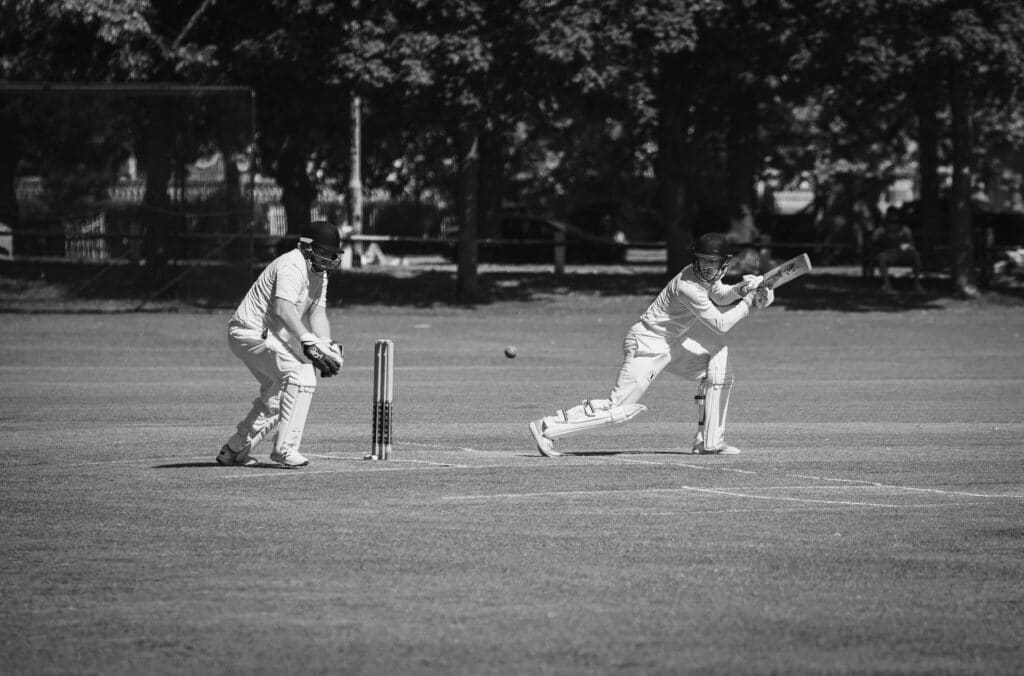Who needs physiotherapy?
What we’ll cover
Who needs physiotherapy?
Do you have an injury or condition and want to know if you can treat it by physiotherapy? Our physiotherapist Sarah Yule highlights these musculoskeletal conditions and explains what we can do for you here at Malvern East Physiotherapy (MEP).
Back injuries
Lower back pain affects approximately 80% of the population at some stage in their lives and is therefore one of the most common complaints seen at MEP. Back pain may be caused by poor posture, poor lifting techniques, trauma or wear and tear over time. Our team of experienced physiotherapists are well equipped to treat different presentations of back pain utilising a combination of manual therapy techniques, specific and extensive strengthening programs as well as optimising posture.
Head & neck injuries
Neck pain may be attributed to joint, muscular or neural dysfunction. Common causes of neck pain include poor posture, overuse, car accidents, trauma or sporting injuries. Physiotherapy can help to reduce neck pain, as well as alleviating headaches caused by upper neck dysfunction. Treatment may include soft tissue work, joint mobilisations or dry needling.
Shoulder injuries
Common shoulder injuries treated by MEP include rotator cuff injuries, shoulder impingement, frozen shoulder, bursitis, shoulder instability and dislocations. The shoulder is a highly complex joint and is inherently mobile due to the shallow depth of the joint socket. As a result, the shoulder requires finely balanced muscle coordination to ensure the shoulder works optimally throughout a pain free range – our physiotherapists can help tailor a specific exercise program to your individual needs.
Elbow injuries
Tennis elbow and golfers elbow are two of the most common elbow injuries treated through physiotherapy and often result from overuse of the associated muscles in the forearm. Sport or trauma related ligamentous injuries or fractures are also commonly seen at the practice and can be effectively rehabilitated through an individualised treatment plan.
Wrist & hand injuries
Fractures, carpal tunnel syndrome and tendinopathies are some of the most common wrist and hand related injuries and are often caused by trauma or overuse (repetitive strain injuries). Treatment for wrist and hand injuries may include massage, joint mobilisation, dry needling, stretches, and strength exercises.
Knee injuries
Knee injuries commonly fall into either traumatic, degenerative or overuse categories. Common traumatic injuries include ligamentous injuries (eg. ACL, PCL, MCL or LCL) which are commonly injured in change of direction sports like football, soccer or netball. Degenerative knee injuries result in joint wear and tear over time with osteoarthritis being a common cause of knee pain that can be well managed using physiotherapy and a tailored exercise program. Overuse injuries most commonly involve injury to the tendons or bony attachment sites around the knee and require a graduated return to exercise loading program individualised to your sport/activity goals.
Lower leg injuries
Calf strains, shin splints and achilles tendon injuries comprise a few of the most common injuries that present to physiotherapy for treatment. A major contributing factor to the development of many different lower limb injuries is suboptimal biomechanics (Eg. Extreme foot postures or muscular imbalances). Our physiotherapists are well trained in determining and tailoring rehab around an individual’s biomechanical abnormalities to treat the underlying cause of the injury, ensuring we reduce your risk of future recurrence of injury.
Foot & Ankle injuries
The most common type of ankle injury that we see is an inversion/rolled ankle injury. This can result in injury to the surrounding ligaments, tendons, muscles or in more severe cases bony fracture. Due to effects on strength, proprioception and range of motion, if left untreated these injuries may develop into chronic ankle instability and may result in reduced sporting performance and increased likelihood of reinjury. Additional common ankle and foot injuries that are treatable with physiotherapy include plantar fasciitis and bony stress reactions/ fractures.
Hip injuries
Commonly presenting hip conditions include: lateral hip tendinopathy/bursitis, labral tears, hip osteoarthritis and hip impingement. The hip is also a common area to be affected by referred pain originating from the lower back. Treatment may involve soft-tissue release through the tight gluteal muscles and hip strengthening exercises.
Muscle strains
Muscle strains are a common sporting injury associated with rapid acceleration/ deceleration or overstretching. The lower limb muscles are the most commonly affected and include the hamstrings, quadriceps and calf muscles. These injuries can be well managed with a combination of manual therapy techniques and graduated exercise program specific to your sporting/activity goals.
If you have any of the conditions listed please book in to see one of our qualified physiotherapists as soon as possible. You can book online or call our friendly team on 9571 6888.















